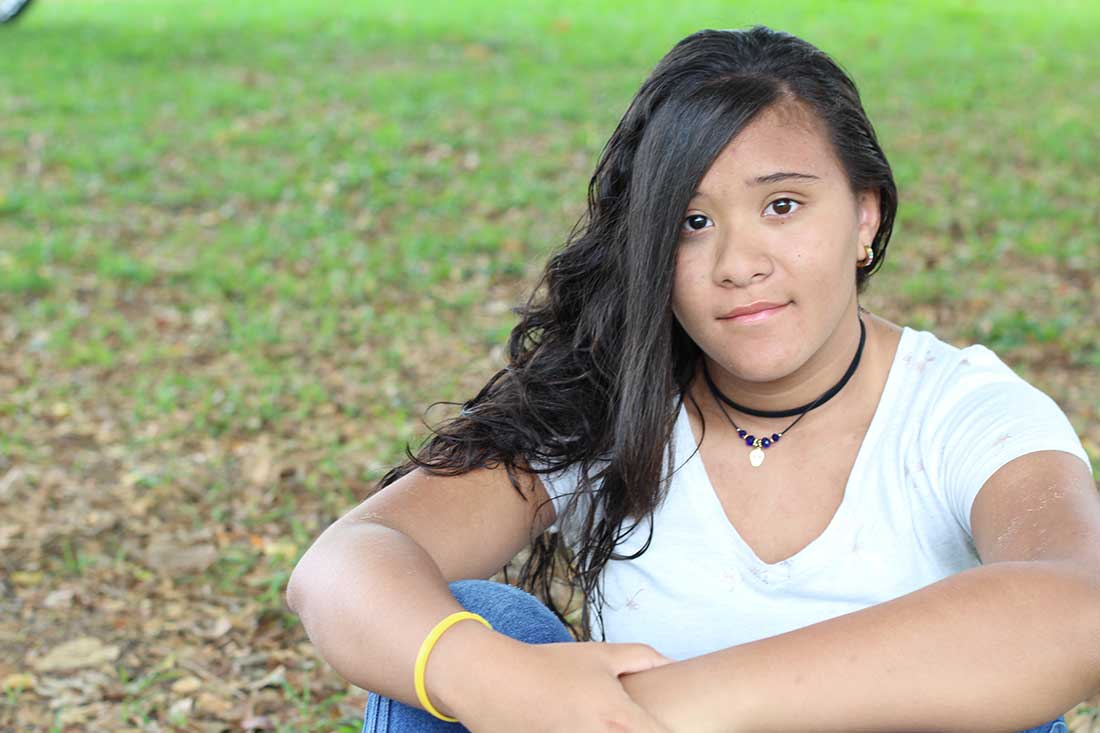
As a child psychologist, who specializes in helping kids with challenging behavior, I hear how often we parents take the blame for our kids’ behavior, whether the behavior happens at home, at school or anywhere else. I can’t really blame folks for fingering parents because the blame should really reside with my field. Psychology and psychiatry has a long history of blaming parents (or more specifically, mothers!) for things we later learn they have less to do with than we thought. Take the example of what was referred to as the “schizophrenigenic mother” whose parenting style was thought to cause schizophrenia! Fast forward to the 21st century and we realize what an absurd notion that is (Neill, 1990). And there are examples that are just as astounding and have persisted even longer. The phrase “refrigerator mothers” was coined to describe cold, unempathic moms who were thought to cause ….. autism (Kanter, 1943)! Really. Of course, now we know that autism spectrum disorders are complicated neurodevelopmental challenges. Sorry moms for throwing you under the bus for decades!
My experience tells me that challenging behavior may be the latest example of the damage done when we inaccurately blame parents. We think that parents being passive, permissive and inconsistent leads to their children exhibiting challenging behavior because the kids learn that they can get things or get out of things by behaving this way. But is it really that poor parenting causes challenging behavior? Or is it actually the reverse – namely that challenging behavior causes us parents to look pretty bad?
Over the years in my clinical practice, I’ve noticed some patterns that suggest maybe the latter is more accurate. Many families come to see me for help with one of the children who exhibits severely challenging behavior, and I often observe that those very same families frequently have other children who not only aren’t particularly challenging, they are actually incredibly well-behaved! How do we explain that? Same parents, but different kids. I often say that if I could take a kid from my practice with very challenging behavior and transport them into the home of the ideal parents, those same parents quickly would start to look a lot less consistent and a lot more lenient. Likewise, show me a parent who is described as being too lenient and inconsistent and give them a really well-behaved kid and all of a sudden they will start to look a lot more consistent and less permissive. But unfortunately when we parents have well-behaved kids, we assume that it must be what we are doing that is working so well. I hate to be the bearer of bad news, but that probably has less to do with us as well! Easy kids are easy to parent. Kids with challenging behavior are really challenging to parent.
So who is really to blame then for challenging behavior? Or more accurately, what is to blame? Skills deficits – (Pollastri, 2019; Wang, 2018). Tons of research in the neurosciences have shown beyond the shadow of doubt that kids who exhibit challenging behavior struggle with skills in areas like flexibility, frustration tolerance and problem-solving. To be more specific and technical, they have a hard time with things like language and communication skills, attention and working memory skills, emotion and self-regulation skills, cognitive flexibility and social thinking skills.
So just like we’ve come to understand autism more accurately through a neuro-development lens, its high time to do the same when it comes to challenging behavior. Let’s learn from past mistakes and stop playing the blame game. Let’s start having empathy for parents whose job is already tough enough. They could use our support, not our judgment.